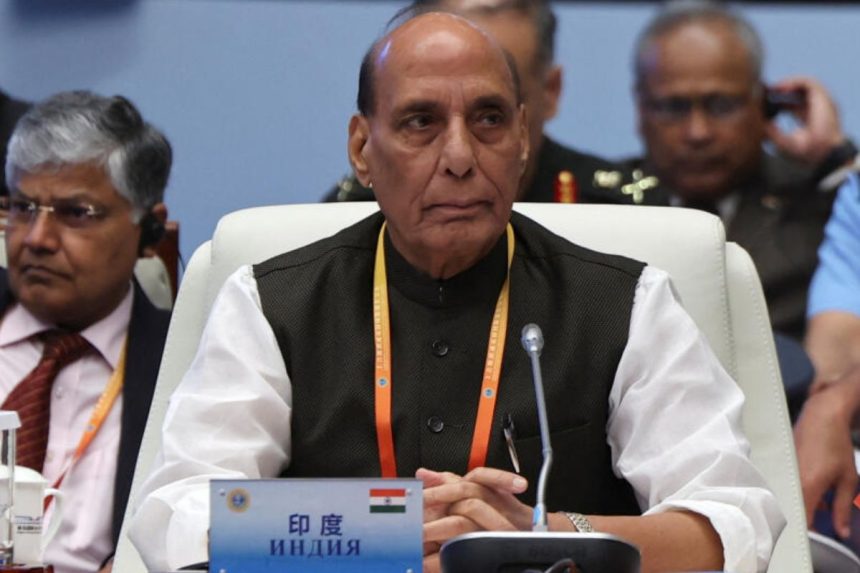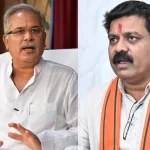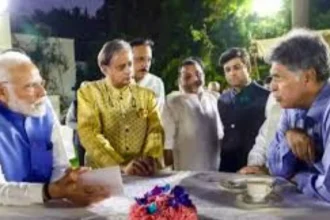Rajnath Singh, the Indian defense minister has refused to sign the joint statement in the RATS meeting of SCO. He protested the mention of Balochistan and exclusion of Pahalgam in the statement.
This is a logical response from the Indian defence minister. The SCO statement does not appreciate India’s concern on being one of the longest victim of cross border terrorism, especially the recent Pahalgam attack, which took two of its member states to open hostilities. However it poses important questions on the effectiveness of Indian foreign policy. With states like Iran, Belarus and Russia in the group, we could not get Pahalgam included in the statement. This is after the whirlwind tour of more than 50 countries, including SCO members, by our parliamentary delegations on the issue. The SCO is primarily an anti NATO security group positioning the divide between Eurasian land mass and the transatlantic region. Though its record of cooperation and cohesion between its member states is not satisfactory. This is also reflective of the hesitation and lack of initiative by both Russia and China in playing larger roles as alternative poles in the world order. The Central Asia region is crucial for India’s energy security and also to check the Chinese encirclement policy. Such isolation in SCO suggests having wrong priorities in foreign policy. Forming its northern and western borders, the SCO is both an opportunity and challenge for India. With a predominantly Muslim population, the forum reminds us of the larger geopolitical ethnic composition and that domestic politics cannot remain totally separate from foreign affairs. We need to get our house in order first.
Testing time for Indian diplomacy









